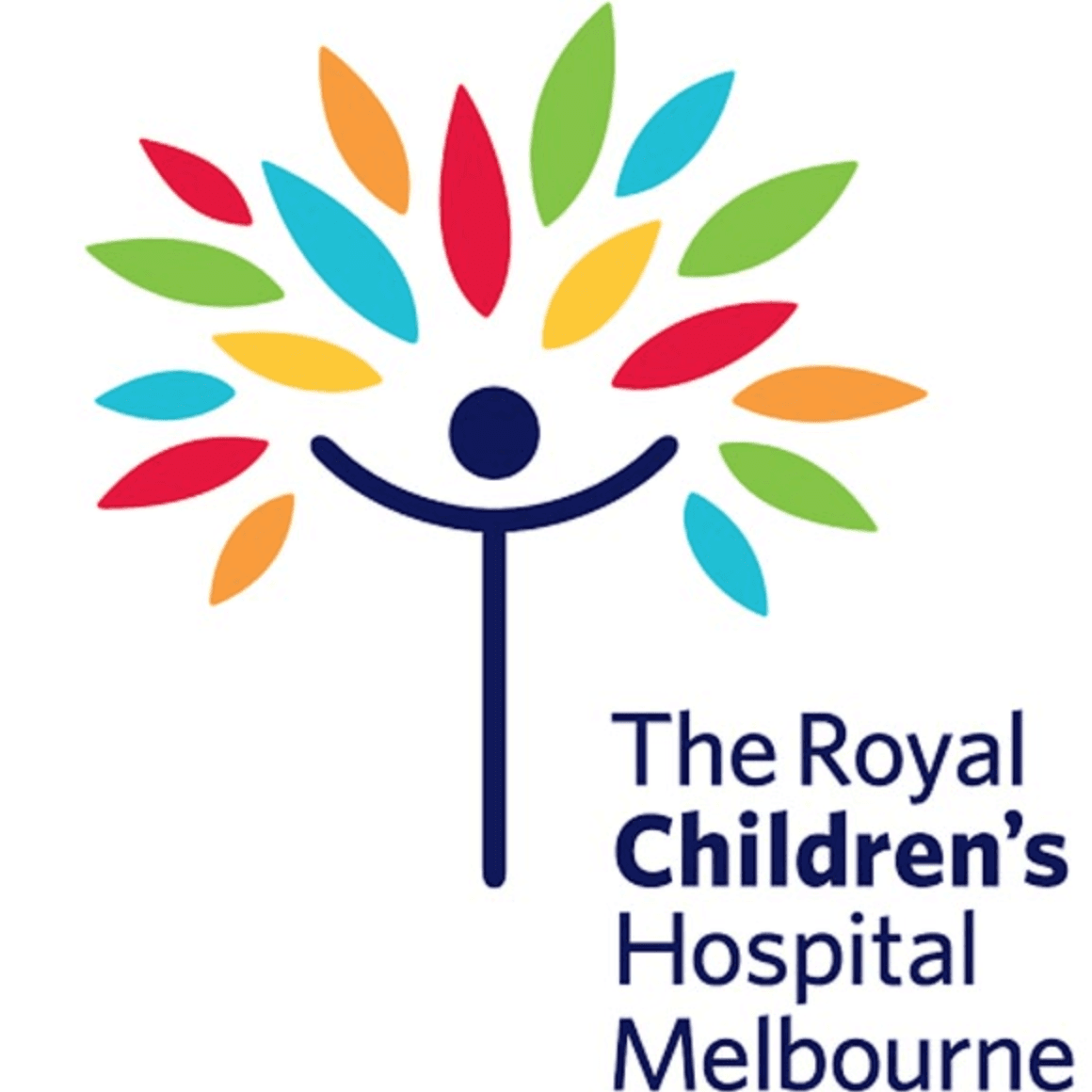ThestoryofHelenMacphersonSmithTrust
From an initial bequest of £275,000 in 1951, $184m income has been generated, with $141.7m distributed to Victorian charities, while the corpus has grown to over $150m.
History of Helen Macpherson Smith Trust
About Helen
Born in Scotland
Helen is born in Darnick, Scotland to Scottish-born father Robert Smith and Australian-born mother, Jane Priscilla Macpherson.

The Investment Story

On her death in 1951, the late Helen Macpherson Schutt (née Smith) left a bequest of £275,000 ($550,000) for the establishment of a charitable trust to benefit Victorian charities in perpetuity.
From that original bequest, $184m income has been generated, with $142m distributed to Victorian charities, while the corpus has grown to $150m.
This distribution and corpus growth reflects an annual compound return of 13.0% p.a. over 72 years (1951-2023), split into capital growth of 7.0% p.a. and an average income return of 6.0% p.a. These returns compare favourably to the All-Ordinaries Accumulation Index which averaged 10.9% p.a. and inflation which averaged 4.4% p.a. over the 72-year period. Expressed another way, the return achieved by the Trust over 72 years has exceeded inflation by 8.6% p.a.
Helen’s named beneficiaries
Helen was a philanthropist throughout her life, supporting a number of charitable causes. She was one of the first life members of the Lost Dogs’ Home, with her name appearing in the list of donors in the years between 1914 and 1935. Records of the Victorian Missions to Seamen (now Mission to Seafarers) show she was an honorary member of the Ladies’ Harbour Lights Guild. She donated to the organisation in 1911 and was still doing so in 1927. Helen was also a life member of the Royal Society for the Prevention of Cruelty to Animals and a regular supporter of the Royal District Nursing Service. In 1919 Helen donated funds to what was then the Melbourne District Nursing Society when the city suffered its worst-ever influenza epidemic. These organisations are named by Helen in her Will, as beneficiaries the Trustees may wish to consider.
Our most recent Annual Report
Download the 2024 Annual ReportHistorical Annual Reports showcase the work of our grantees and are available to download below.

How we grant
To maximise the benefit to applicants and streamline the application process, we engage closely with prospective grantees to ensure strong alignment with our funding priorities and strategic approach. This approach aims to increase the success and impact of each selected applicant. The Trust accepts applications by invitation only and does not receive unsolicited applications.
If your organisation is seeking support and is a Victorian-based charity working in the areas identified as strategic priorities of the Trust, you are welcome to email us to provide brief information about your organisation and proposed project.
Select organisations addressing the priority areas and aligned with the Trust’s approach will be asked to submit a brief expression of interest.
Following the expression of interest, a small number of organisations will be asked to submit a full application.





